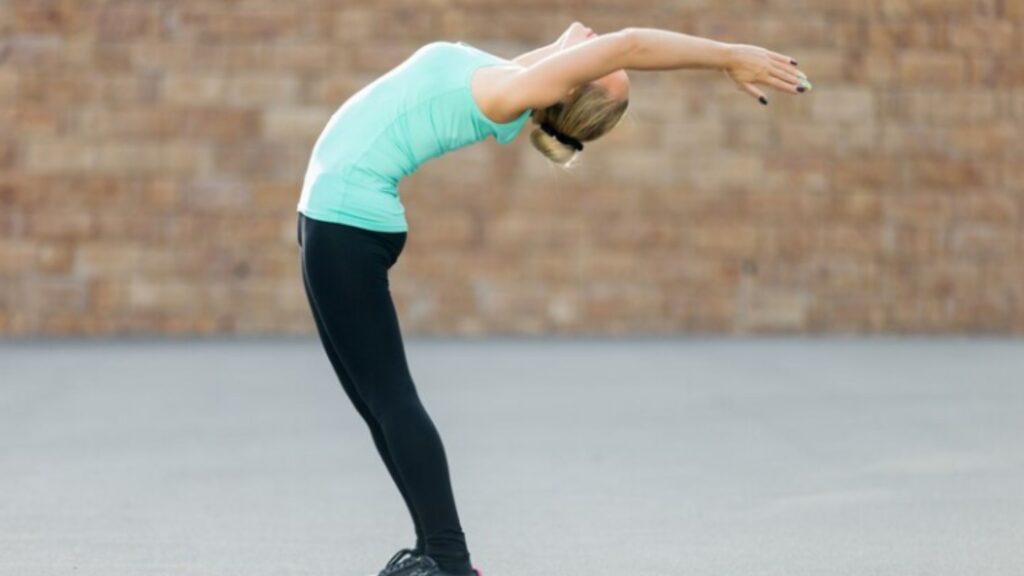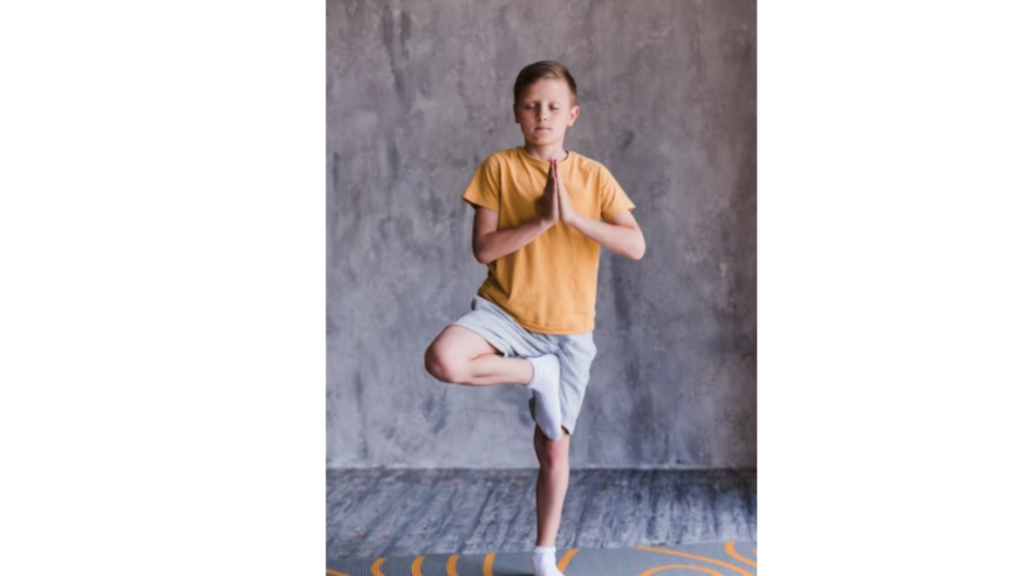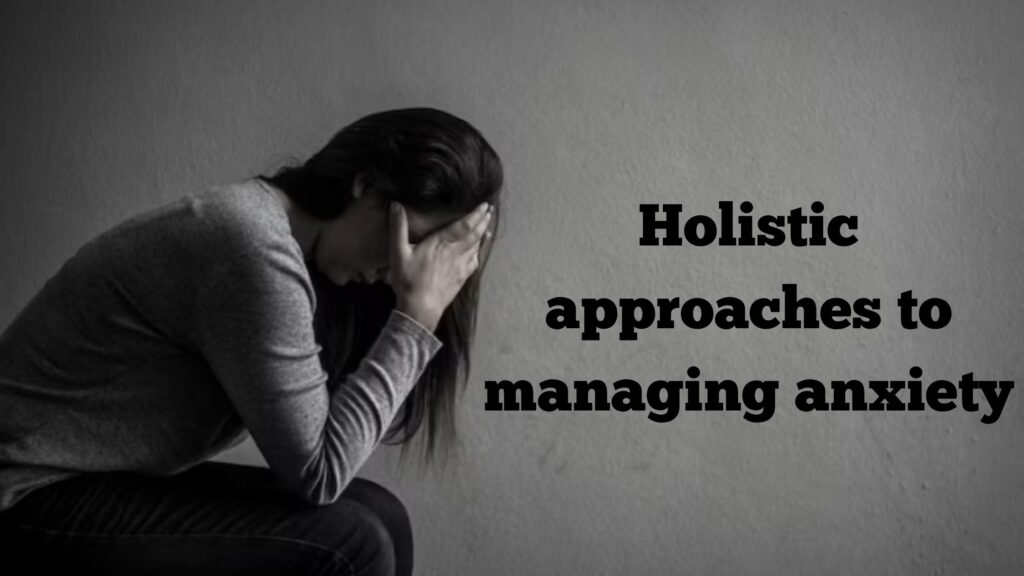Anxiety is a common mental health condition that can significantly affect a person’s quality of life. It is characterized by feelings of worry, fear, and nervousness that can be overwhelming and interfere with daily activities. While medication and therapy can be effective treatments, many people seek holistic approaches to managing anxiety. Holistic approaches aim to treat the whole person, including the mind, body, and spirit. In this blog, we will explore some of the most effective holistic approaches to managing anxiety.
Exercise:

Exercise is one of the most effective ways to manage anxiety. It has been shown to reduce stress and anxiety, improve mood, and increase self-esteem. Exercise helps to release endorphins, which are natural chemicals that reduce pain and promote feelings of well-being. Regular exercise can also help to improve sleep, which is essential for maintaining good mental health.
There are many different types of exercise that can be beneficial for managing anxiety. Some of the most popular include yoga, tai chi, and Pilates. These activities incorporate both physical movement and mindfulness, which can help to reduce anxiety and improve overall well-being.
Meditation:

Meditation is another effective holistic approach to managing anxiety. It involves focusing the mind on a specific object, thought, or activity to achieve a state of calmness and relaxation. Meditation has been shown to reduce stress, anxiety, and depression, and improve overall well-being.
There are many different types of meditation that can be effective for managing anxiety, including mindfulness meditation, loving-kindness meditation, and body scan meditation. Mindfulness meditation involves focusing on the present moment without judgment, while loving-kindness meditation involves cultivating feelings of love and compassion for oneself and others. Body scan meditation involves focusing on different parts of the body and observing physical sensations without judgment.
Herbal Supplements:
Herbal supplements can be effective for managing anxiety. Some of the most popular supplements for anxiety include kava, passionflower, and valerian root. These supplements work by increasing levels of neurotransmitters in the brain that promote feelings of calmness and relaxation.
It is important to note that herbal supplements can interact with other medications and may not be appropriate for everyone. It is always best to consult with a healthcare provider before taking any new supplements.
Aromatherapy:
Aromatherapy involves using essential oils to promote feelings of relaxation and well-being. Some of the most popular essential oils for anxiety include lavender, chamomile, and bergamot. These oils can be used in a diffuser, applied topically, or added to a bath.
Aromatherapy has been shown to reduce stress and anxiety, improve sleep, and promote overall well-being. It is important to note that some essential oils can cause skin irritation or allergic reactions, so it is always best to test a small amount before using.
Acupuncture:
Acupuncture is a traditional Chinese medicine practice that involves inserting thin needles into specific points on the body. It has been shown to be effective for managing anxiety, depression, and other mental health conditions.
Acupuncture works by stimulating the nervous system and releasing natural chemicals that promote feelings of relaxation and well-being. It can also help to reduce pain and improve sleep, which are essential for maintaining good mental health.
Diet:
Diet can also play a role in managing anxiety. Eating a healthy, balanced diet that is rich in fruits, vegetables, whole grains, and lean proteins can help to reduce inflammation in the body and promote overall well-being.
Certain foods may also be beneficial for managing anxiety, including foods rich in omega-3 fatty acids, such as fatty fish and flaxseed, and foods high in magnesium, such as leafy greens, nuts, and seeds. It is important to limit or avoid foods that can contribute to anxiety, including caffeine.

